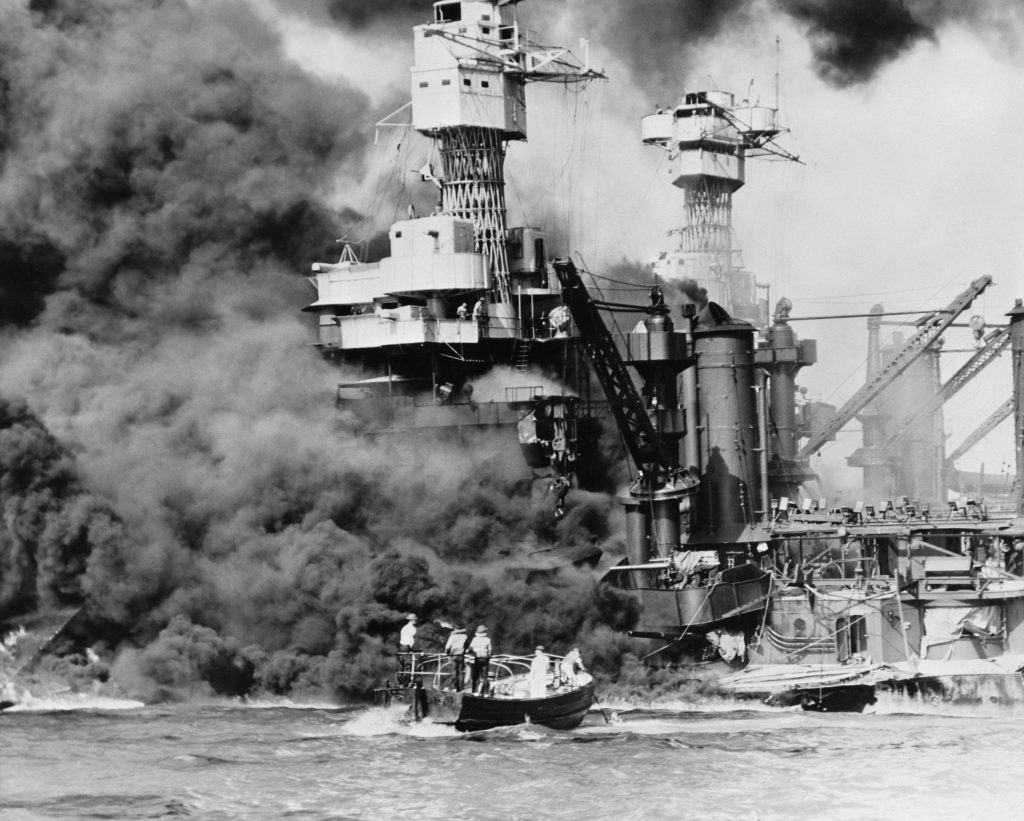 Losing a loved one is an unimaginable tragedy, and while financial compensation cannot fill the void left by their absence, it can provide support during challenging times. The following case involves the tragic situation of parents whose seaman son died. Although the deceased seaman’s father tried to recover damages from his son’s death, he ultimately proved unsuccessful.
Losing a loved one is an unimaginable tragedy, and while financial compensation cannot fill the void left by their absence, it can provide support during challenging times. The following case involves the tragic situation of parents whose seaman son died. Although the deceased seaman’s father tried to recover damages from his son’s death, he ultimately proved unsuccessful.
James Swafford was killed while aboard the M/V Pintail on the Mississippi River. The ship’s owner, Magnolia Fleet, and its operator, River Construction, Inc., filed a lawsuit. All claimants against Magnolia Fleet and River Construction were settled and dismissed except those of Swafford’s father.
Swafford’s father claimed Magnolia Fleet and River Construction were liable for negligence under the Jones Act and unseaworthiness under general maritime law. Swafford’s father wanted to recover damages based on his son’s alleged pain and suffering before his death, loss of future earnings, loss of consortium, and other punitive and monetary damages.
Magnolia Fleet and River Construction filed a summary judgment motion, which the trial court granted. The trial court ruled the law did not permit survival damages, loss of future earnings or consortium, or punitive damages in this situation. Additionally, Swafford’s father did not provide sufficient evidence to support his claim he had lost support and services because of Swafford’s death. Swafford’s father appealed.
Concerning Swafford’s father’s claim for survival damages and loss of future earnings, he did not establish he was the correct individual to bring a lawsuit to recover these damages. See Noris v. Causey. The Jones Act only allows parents to recover if the deceased has no surviving spouse or child. Here, Swafford was survived by a child. Furthermore, his father was not the personal representative of Swafford’s estate. Therefore, the father was not entitled to recover for the loss of Swafford’s future earnings or survival damages.
Additionally, Swafford’s father was not entitled to damages for the loss of Swafford’s society or punitive damages. This is because a survivor can only recover for pecuniary losses under both the Jones Act and maritime law. As a result, survivors are not entitled to punitive damages or damages for loss of society.
Additionally, Swafford’s father did not provide sufficient evidence to establish he had suffered a loss of Swafford’s support and services. The only evidence he provided was a list of monthly expenses Swafford purportedly paid him before he died. This evidence was conclusory and did not include other support documentation such as bills or other documents. Therefore, the trial court properly granted summary judgment in favor of Magnolia Fleet and River Construction.
As seen here, you might be entitled to multiple types of damages if a loved one dies. To obtain this compensation, however, it is essential to understand whether you are entitled to each category of damages and, if so, what evidence is required to recover. A good lawyer can advise you on the many types of damages available depending on the facts of your situation.
Additional Sources: Magnolia Fleet LLC, as Owner of the M/V Pintail, et al. v. Carl Swafford
Article Written By Berniard Law Firm
Additional Berniard Law Firm Article on the Jones Act: Personal Injury Case in Louisiana Appellate Court Examines Jones Act Seaman Status
Can I Recover under the Jones Act if Rough Seas Cause a Back Injury
 Louisiana Personal Injury Lawyer Blog
Louisiana Personal Injury Lawyer Blog

